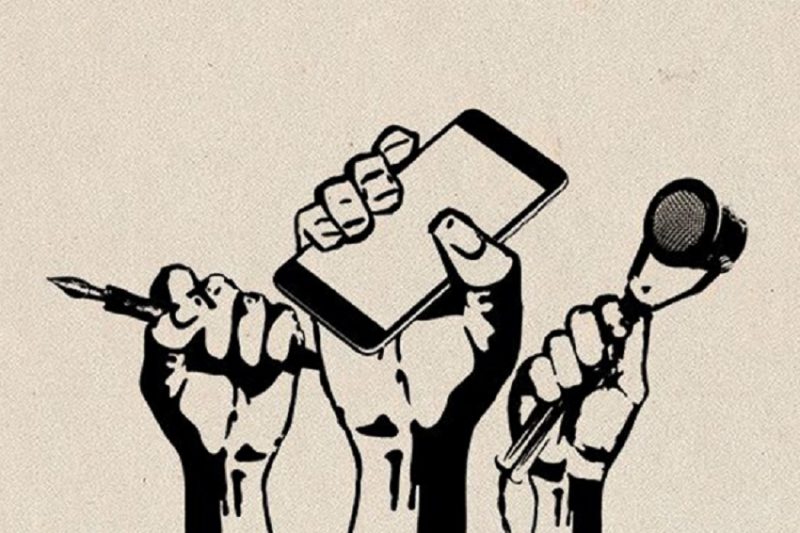
European Court of Human Rights finds Greece to be in violation of Article 10 of the ECHR in the case of Matalas v. Greece



Freedom of expression, as enshrined in Article 10 of the European Convention on Human Rights (hereafter the ECHR), is one of the fundamental foundations of a democratic society and one of the basic conditions for the progress and development of every human being. States must not only refrain from interfering with this right but must also take measures to protect it effectively. Restrictions on the freedom of expression are provided for in paragraph 2 of Article 10 of the ECHR, which must be interpreted to the letter, and the need for any restrictions convincingly demonstrated. In particular, any intervention of a public authority in the right to expression must be provided for by law, be necessary for a democratic society and must pursue one of the purposes referred to in paragraph 2. The European Court of Human Rights (hereinafter ECtHR) examines this intervention and decides whether it is proportionate to the legitimate aim pursued and whether the grounds relied on by national authorities to justify it are pertinent and sufficient. Failure to satisfy these conditions results in a violation of Article 10.
On March 25, 2021, the decision of the ECtHR in the case of Matalas v. Greece (appeal no. 1864/18) was published, concluding that Greece had violated Article 10 of the ECHR. See the decision as posted on the HUDOC database here and the ECtHR press release here.
The applicant, a managing director of a public limited company, was convicted by the Greek criminal courts of slanderous defamation of the former legal counsel of the company (Ms. L.P.). The applicant had sent to the lawyer an official document in which he had referred to her behaviour as “unprofessional and unethical” (“αντιεπαγγελματική και αντιδεοντολογική”) and had criticised her because, in his view, she had not fully informed him about the court cases against the company. Ms L.P. lodged a criminal complaint against the applicant in 2008, alleging slanderous defamation, and the applicant was finally sentenced in 2017 to a five-month suspended prison sentence.
The applicant argued that the sentence imposed on him was unfair; that his judgments had sufficient factual basis, and that he had no intention of offending Ms L.P. but only of defending the company’s interests in his capacity as CEO.
The ECtHR therefore considered that the grounds relied on by the national courts to justify the interference with the applicant’s right to freedom of expression were not “appropriate and sufficient” and that “the interference with the applicant’s right to freedom of expression was not necessary in a democratic society.” It therefore held that Greece had violated the applicant’s right to freedom of expression and should pay the applicant EUR 9,000 in non-pecuniary damages and EUR 4,200 in costs and expenses.
Respect for fundamental rights is one of the key components of a state that is governed by the rule of law. The fundamental rights that every citizen should enjoy are enshrined in the European Convention on Human Rights. It is a primary and indisputable obligation of the state to respect these rights.
In this case, however, the European Court of Human Rights found that the applicant’s right to the freedom of expression had been violated. The national authorities (in this case the criminal courts) imposed a custodial sentence on the applicant for slanderous defamation without sufficient justification, violating Article 10 of the ECHR.
Bank Account number: 1100 0232 0016 560
IBAN: GR56 0140 1100 1100 0232 0016 560
BIC: CRBAGRAA
![]()
In a time where the very foundations of democracy are gradually being eroded by the rise of extreme nationalism, alt-right movements, the spread of disinformation and corporate capture, the efforts of organisations such as Vouliwatch are more relevant than ever.
We rely on the generosity of each and every one of you to continue with our efforts for more transparency and accounta
By financially supporting Vouliwatch you support our litigation strategy, our campaigns for transparency and accountability in the political system, the development of new civic tech tools, our research projects and last but not least our impartial and accurate